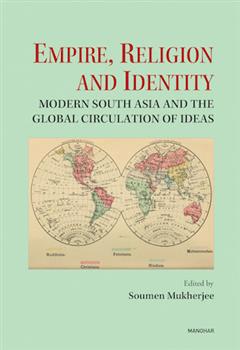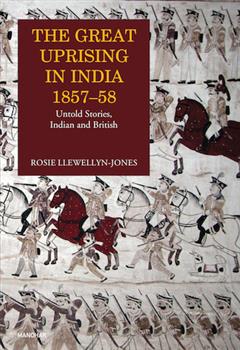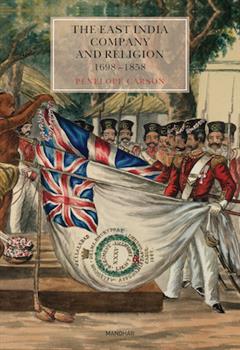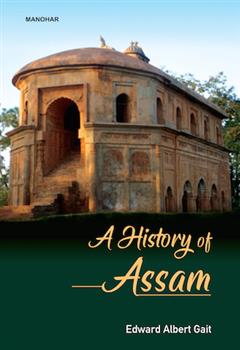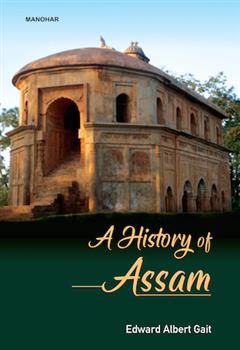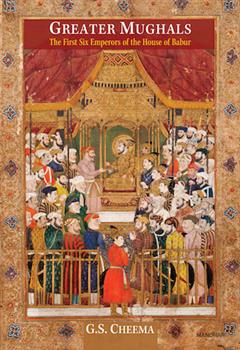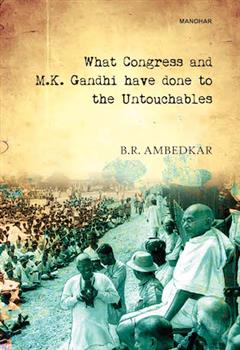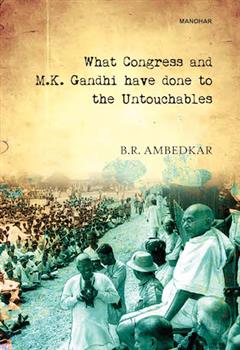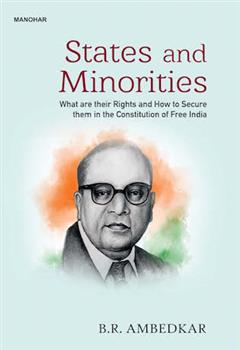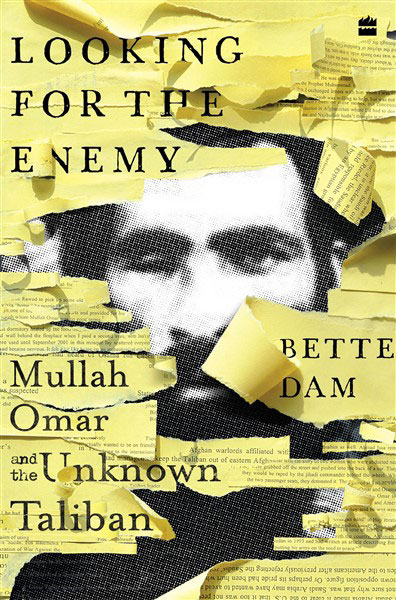History
Featured Products
Empire, Religion and Identity: Modern South Asia and the Global Circulation of Ideas
₹1,536.15
M.R.P.:₹ 1,995.00
You Save: ₹458.85 (23.00% OFF)
The Great Uprising in India 1857-58: Untold Stories, Indian and British
₹1,297.80
M.R.P.:₹ 1,545.00
You Save: ₹247.20 (16.00% OFF)
The East India Company and Religion 1698-1858
₹1,260.05
M.R.P.:₹ 1,595.00
You Save: ₹334.95 (21.00% OFF)
Greater Mughals: The First Six Emperors of the House of Babur
₹2,095.80
M.R.P.:₹ 2,495.00
You Save: ₹399.20 (16.00% OFF)
What Congress and M.K. Gandhi have done to the Untouchables
₹499.80
M.R.P.:₹ 595.00
You Save: ₹95.20 (16.00% OFF)
What Congress and M.K. Gandhi have done to the Untouchables
₹1,260.00
M.R.P.:₹ 1,500.00
You Save: ₹240.00 (16.00% OFF)
States and Minorities: What are their Rights and How to Secure them in the Constitution of Free India
₹350.00
M.R.P.:₹ 350.00
You Save: ₹0.00 (0.00% OFF)
Looking for the Enemy : Mullah Omar and the Unknown Taliban
₹449.25
M.R.P.:₹ 599.00
You Save: ₹149.75 (25.00% OFF)


